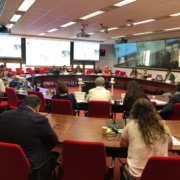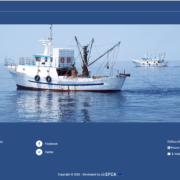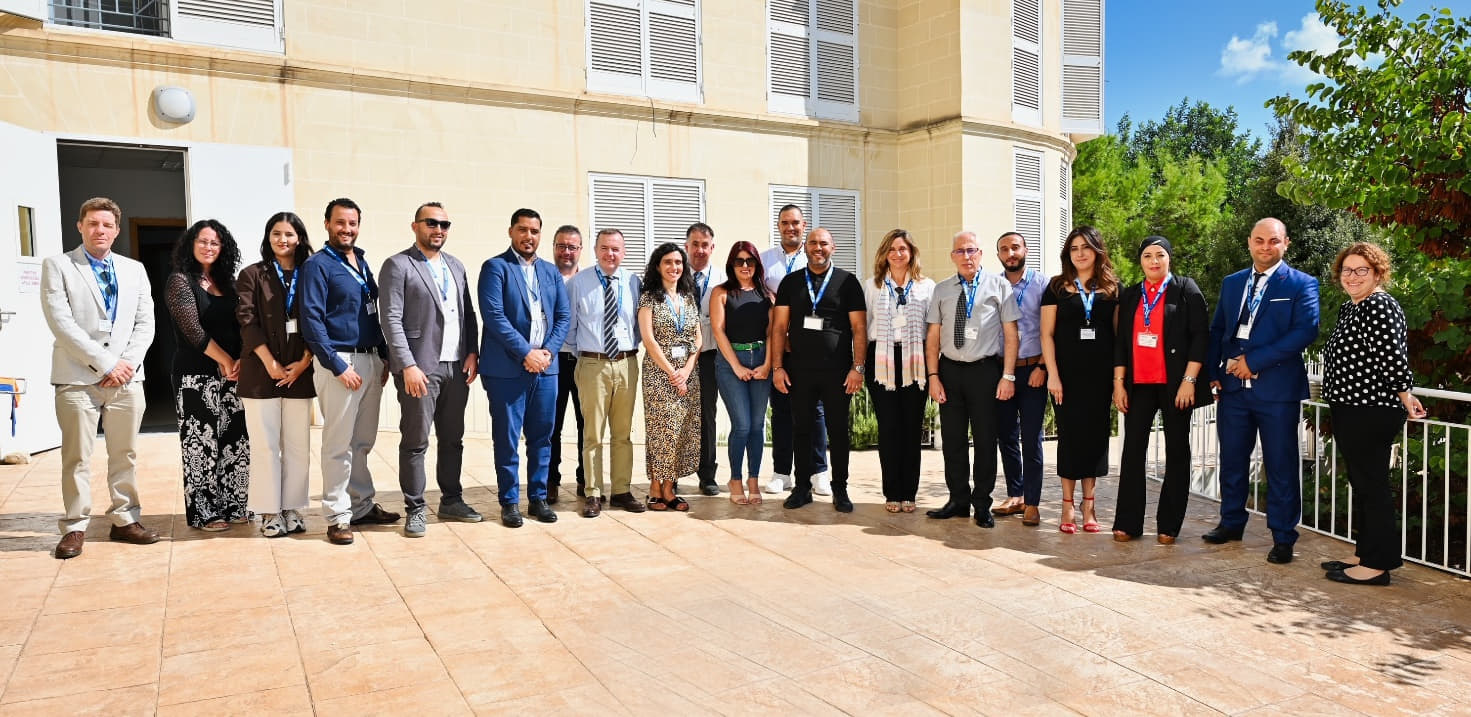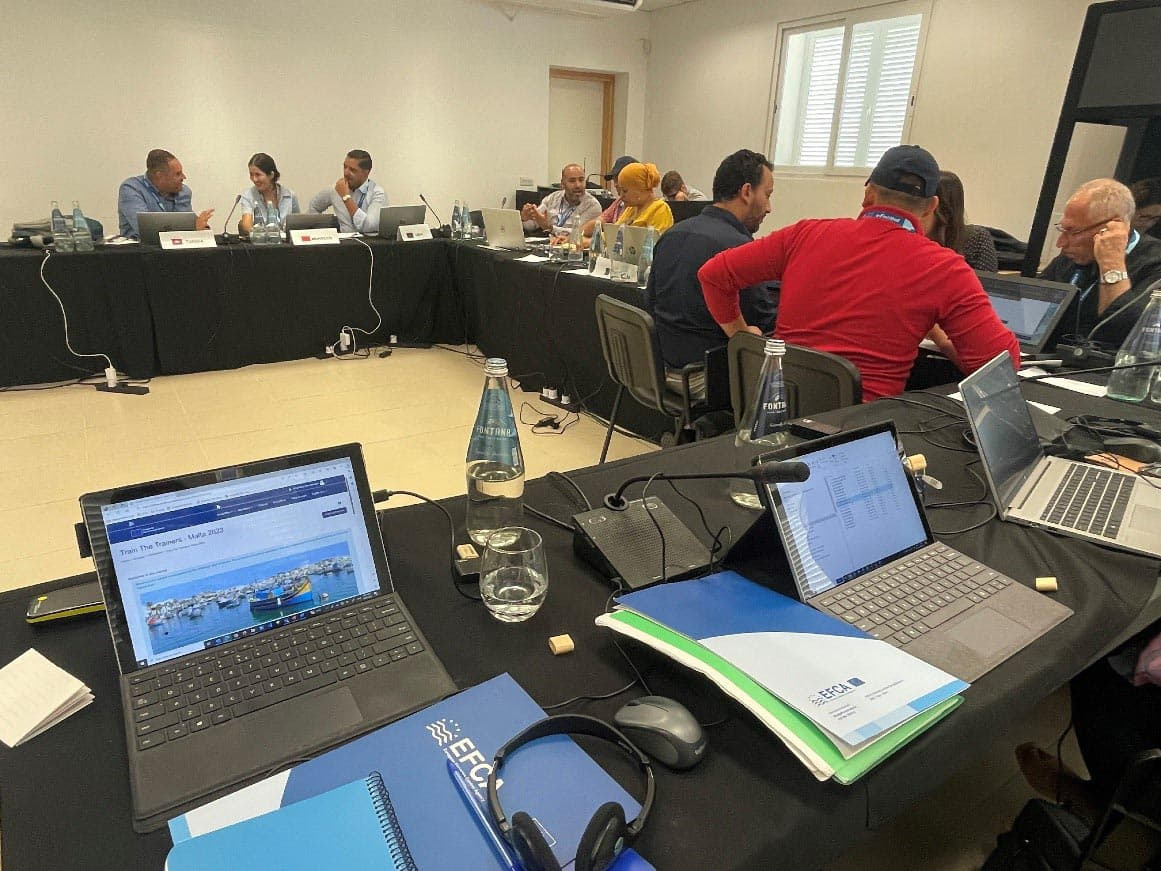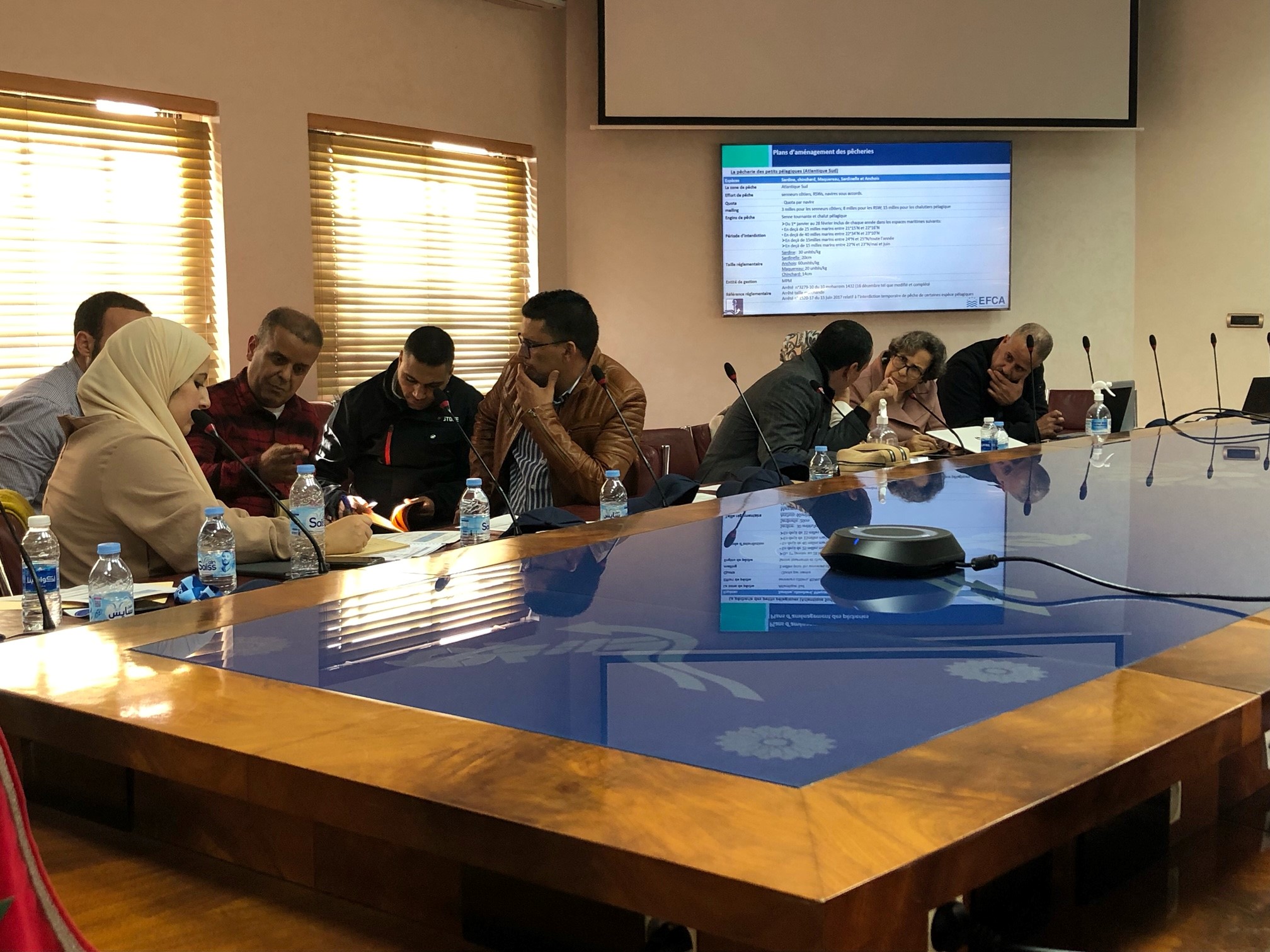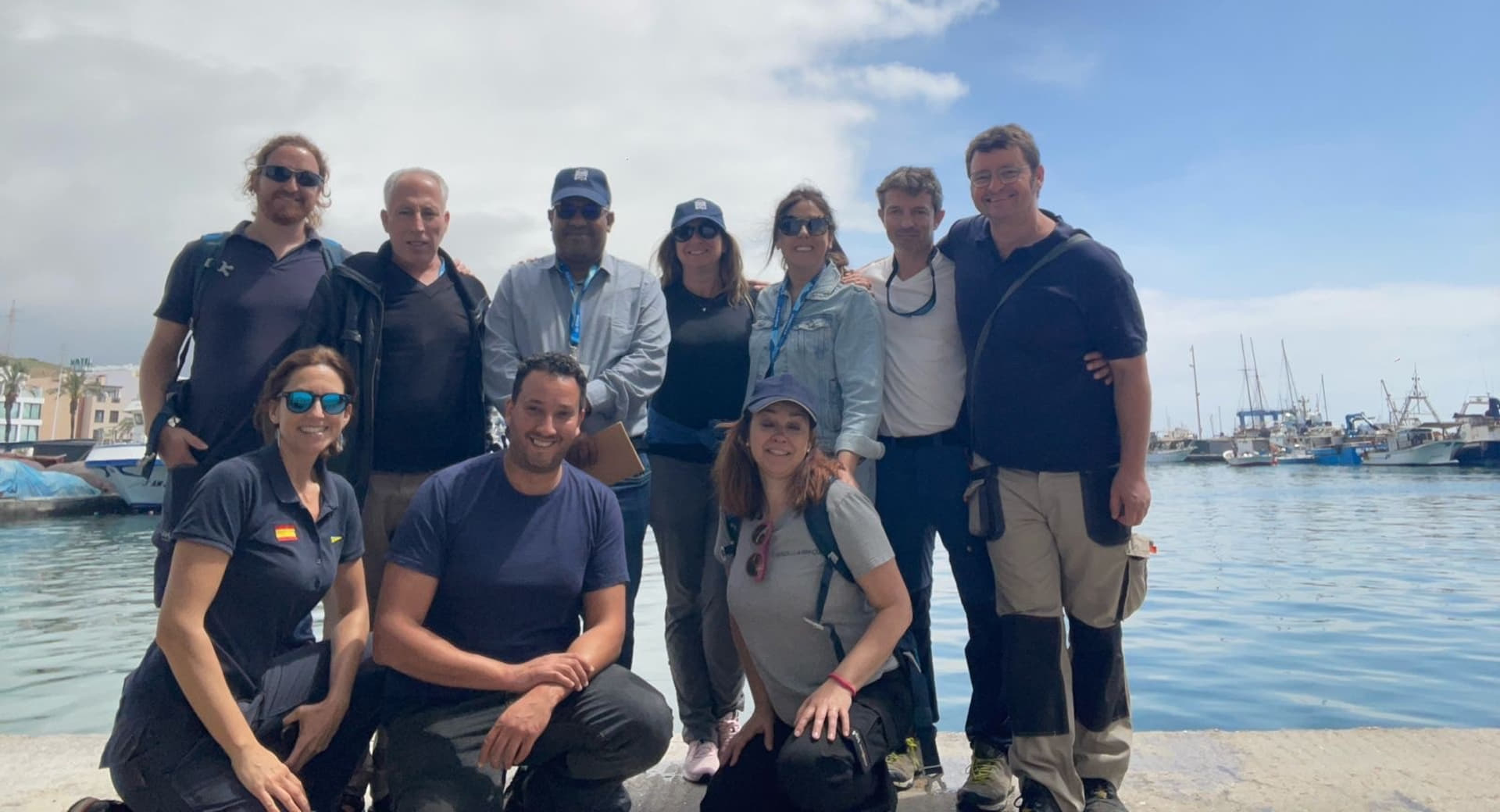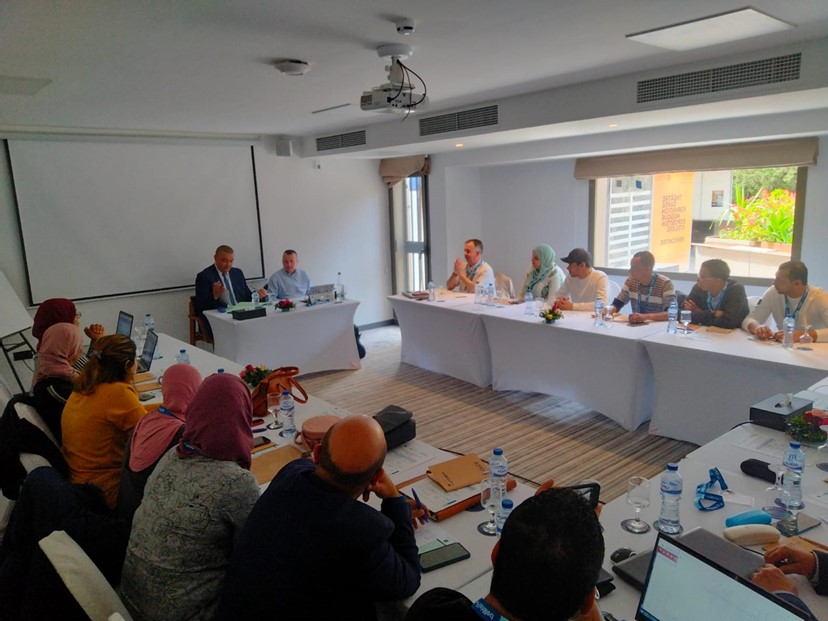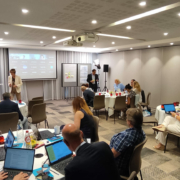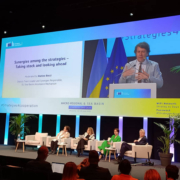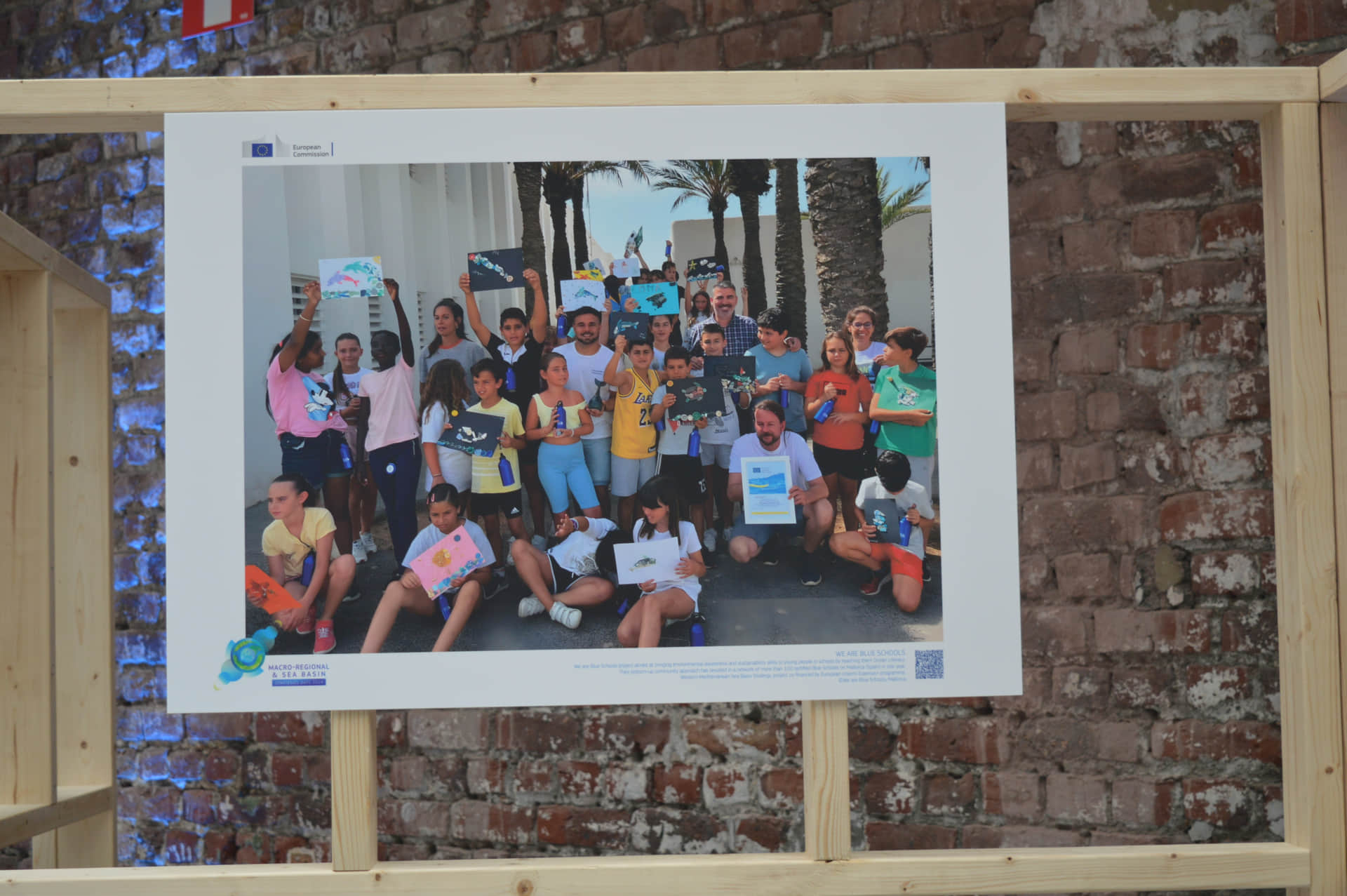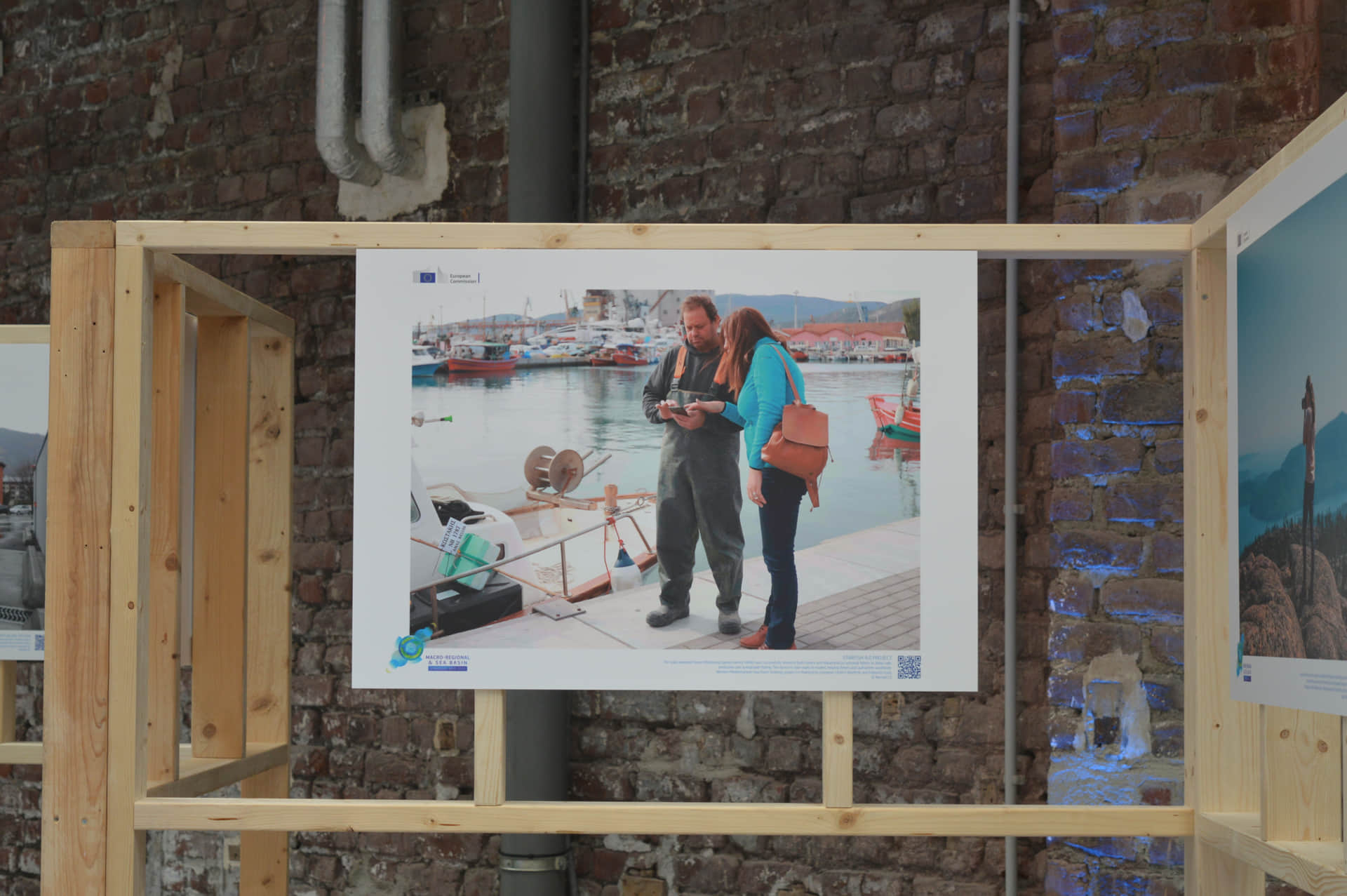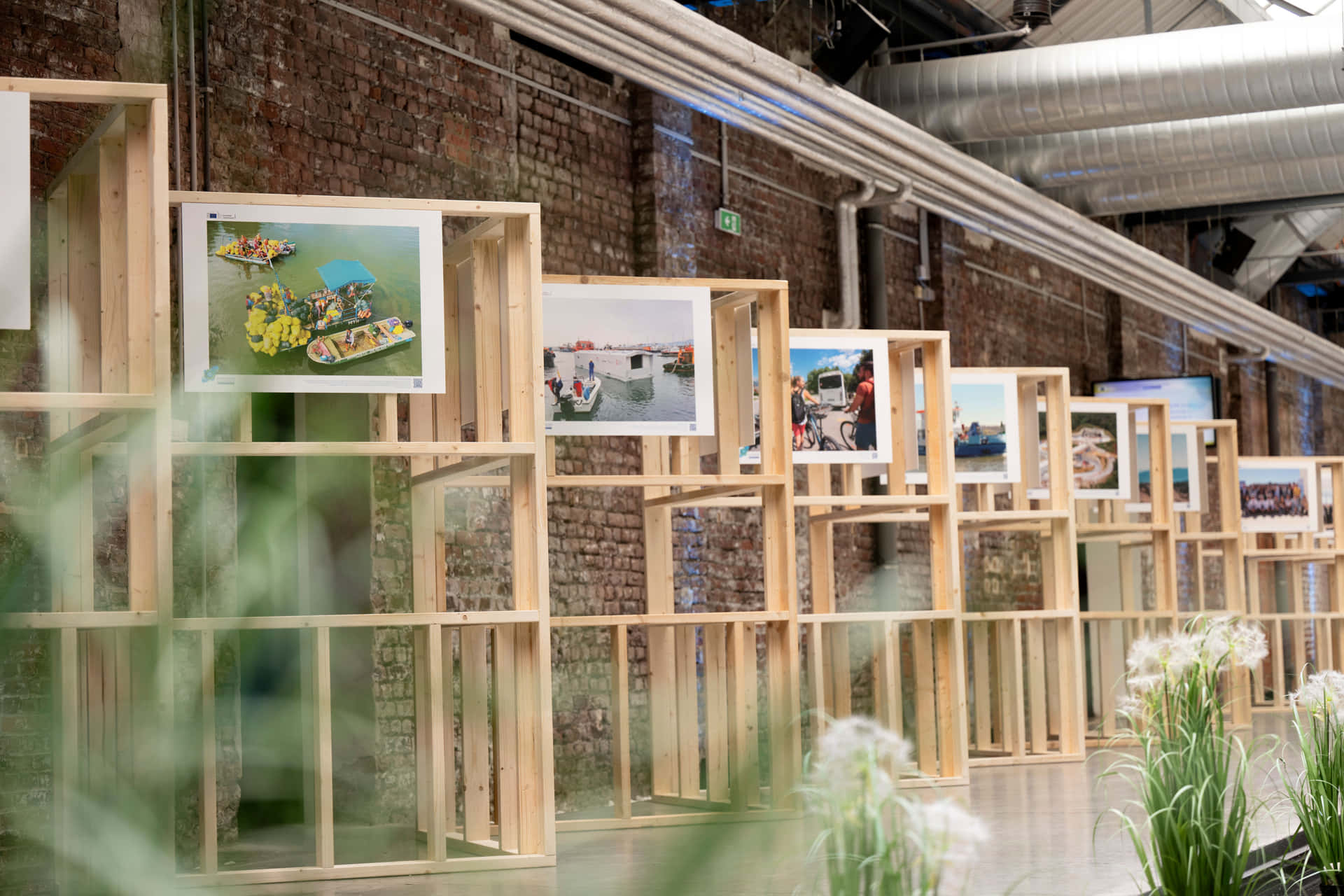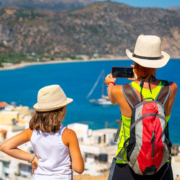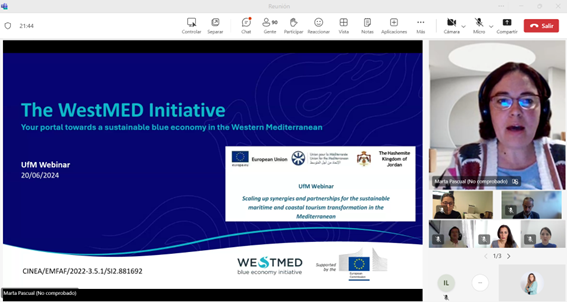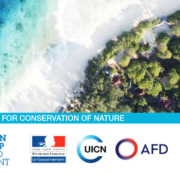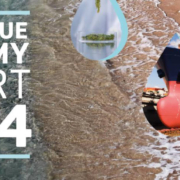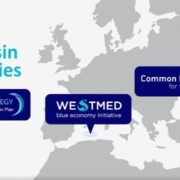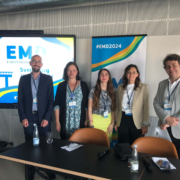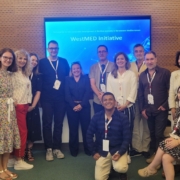Members and observers of the WestMED Steering Committee gather in Brussels to discuss latest developments
The primary objective of this WestMED Steering Committee meeting that took place on June 26 in Brussels, was to assemble the representatives of the 10 WestMED countries and observers in-person to provide them with an overview of the latest advancements on the implementation of the WestMED Initiative, the latest funding opportunities, and to approve the establishment of the new Technical Group on Sustainable Tourism.
The meeting was co-chaired by the Portuguese and Mauritanian Co-Presidencies, with the support from DG MARE and the UfM (Union for the Mediterranean).
Significant visibility of the Initiative
In recent months, the WestMED Initiative has achieved significant visibility and dissemination, as highlighted by Iglika Yakova (DG MARE). The WestMED Initiative has actively participated in various events, including the UfM Stakeholders Conference (19-20 February), the WestMED side event at the Our Ocean Conference (15-17 April), Deportibus (11 May) the European Maritime Day (30-31 May), Posidonia (7 June), the Macro-Region and Sea Basins Strategies Days (12-13 June).
National events, such as the national Dialogue in Morocco, the involvement of Libyan representatives in various Technical Groups (TGs), and the consolidation of the Mauritanian maritime cluster, further underscore the Initiative’s visiblity and success.
Another significant step to establish synergies was the participation of WestMED as Observers in the MedLab Annual event organized by Interact, held back-to-back with the WestMED Steering Committee meeting. The MedLab Annual event focused on the Post-2027 debate and regional cooperation.
Establishment of a new WestMED Technical Group on Tourism
Tourism in the Mediterranean region is expanding, making the industry a crucial employment sector. The WestMED Initiative aims to enhance the coastal tourism sector’s competitiveness and sustainability while protecting the environment through eco-tourism, digitalization, and cross-border cooperation.
The establishment of a new Technical Group (TG) by the WestMED Assistance Mechanism addresses a priority identified by the WestMED Initiative and will serve as an informal forum for discussing sustainable tourism needs, focusing on green transition, digitalization, governance, and skills. The TG will comprise a core group, an advisory body, and a technical group. The Steering Committee is currently in the process of approving the Terms of Reference for this new Technical Group
Overview of Funding opportunities
Several funding opportunities were highlighted:
- EU Mission Ocean, Seas, and Waters: The Work Programme 2024 includes two call topics. Call 1 covers thematic topics aligned with Mission objectives such as restoration and a sustainable blue economy, while Call 2 targets support for actor communities like waterfront cities and islands. The overview also includes several Horizon calls within these Mission calls, focusing on topics like Blue Parks and MPAs, reducing fisheries’ impact in EU sea basins, and community-led ocean and water restoration. Additionally, it highlights opportunities for third parties to join ongoing projects, particularly Calls for Associated Regions, aiming to enhance capacity for implementing innovative solutions in neighboring regions.
- Sustainable Blue Economy Partnership: Four priority areas have been identified for the transnational call launched in February 2024: regional sea-use management, multi-use marine infrastructures, blue bioresources, and regional-scale Digital Twins of the Ocean (DTOs). To enhance global visibility and foster new collaborations, the call is co-branded by the United Nations Decade of Ocean Science for Sustainable Development, coordinated by UNESCO. All Mediterranean countries are eligible for EU contributions, whether they are EU Member States, Associated countries, or low-to-medium-income countries.
- Interreg NEXTMED: The first call for proposals, closed in May 2024, was divided into nine Specific Objectives. Among 631 proposals, most projects targeted « Growth and competitiveness of SMEs, » « Education and training, » and « Climate Change adaptation. » Projects were categorized into three clusters: Thematic, Youth-oriented, and Governance, with 90% falling under the Thematic cluster. Most participating organizations were from Italy, Greece, and Spain within the EU, and from Turkey and Tunisia outside the EU. Participants included public legal bodies (30%), NGOs (27%), private companies (13%), and regional/local public administrations (10%). A second call for proposals, focusing on Green Transition, is set to launch in November 2024.
- Interreg EURO-MED: The 1st and 3rd calls focused on Governance projects, selecting 8 projects that began in January 2023. The 2nd call targeted Thematic projects, resulting in 56 projects that started in January 2024. The 4th call, which closed in June 2024, will see 20 Thematic projects begin in spring 2025, addressing the four main thematic areas: sustainable economy, environmental protection, green living, and sustainable tourism. The upcoming 5th call will focus on Thematic Strategic Territorial projects for rural, mountain areas, and islands, emphasizing innovative solutions for waste reduction and water scarcity. The presentation concludes with an overview of the 1st call’s Governance projects in the field of the Sustainable Blue Economy.
Union for the Mediterranean (UfM) Regional Platform meeting on Blue Economy
Back-to-back to the WestMED Steering committee this UfM Regional Platform Meeting on Blue Economy took place on June 27, with many of the key players from the day before.
The UfM Secretariat introduced the most recent advancements on the update of the Blue Economy Roadmap and the activation of the SBE (Sustainable Blue Economy) Monitoring, Reporting, and Evaluation Mechanism; highlighted progress on the multi-partner and multi-donor investment fund ‘Blue Mediterranean Partnership’; and recalled the series of two webinars held during the first semester of 2024 on blue food and sustainable tourism, as well as the third webinar (July 1 2024) on MRE (Marine Renewable Energy)/licensing/MSP (Maritime Spatial Planning).
The UfM shared an update on the harmonization exercise of UfM Regional Platforms. The UfM operates under a consolidated action-driven methodology creating links between political mandate, multi-stakeholder dialogue, and tangible projects and initiatives. This methodology comprises three pillars: Policies, Platforms, and Projects – the so-called ‘3 Ps’. As part of the ongoing UfM reform efforts to enhance efficiency and in an effort to harmonize the relevant terminology, the ‘UfM Working Group on Blue Economy’ is henceforth renamed as the ‘UfM Regional Platform on Sustainable Blue Economy’.
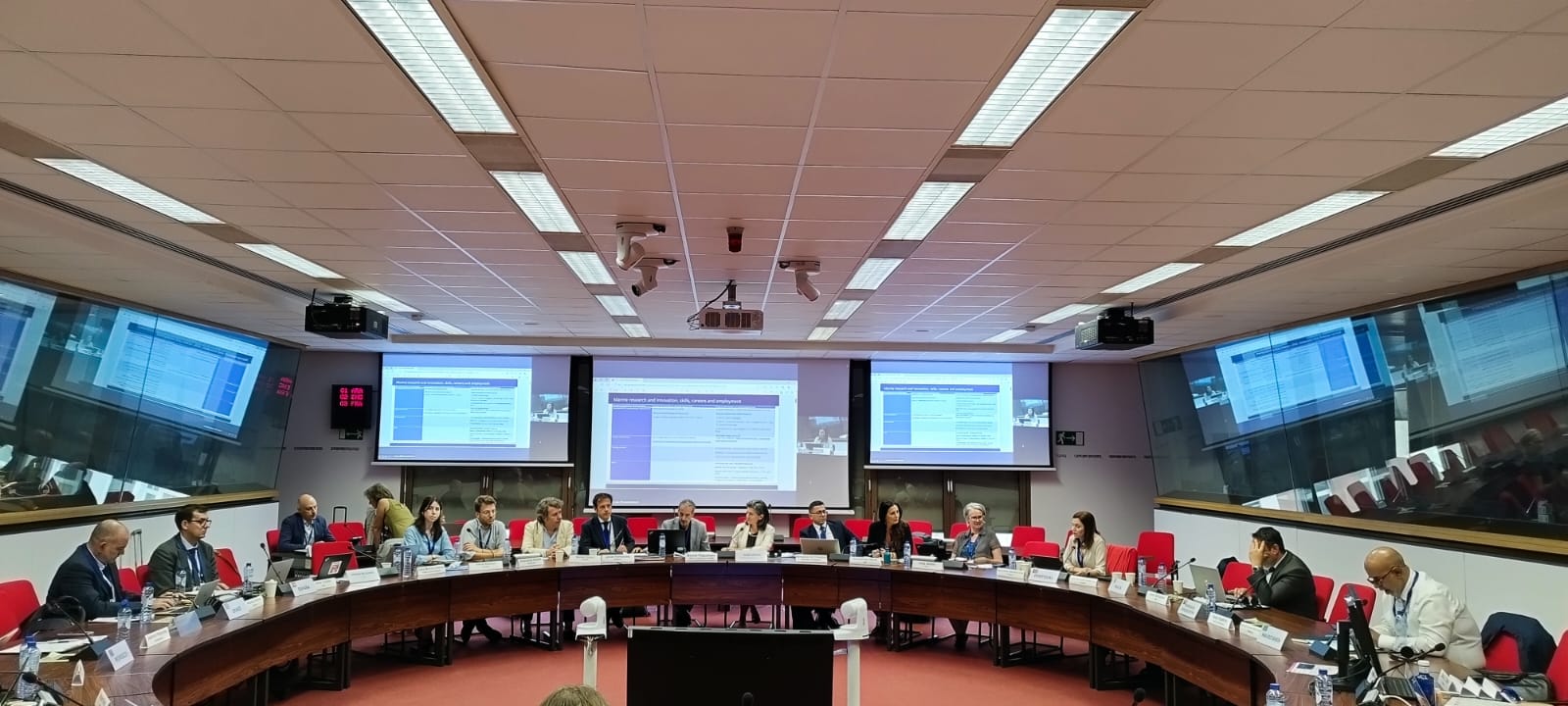
Visit the UfM website for more information on the UfM Regional Platform on Blue Economy
Next meeting
The 16th meeting of the UfM Regional Platform on Sustainable Blue Economy will take place in Algarve, Portugal, in October 2024, back-to-back with the next WestMED Steering Committee and the 3rd WestMED Hackathon.

